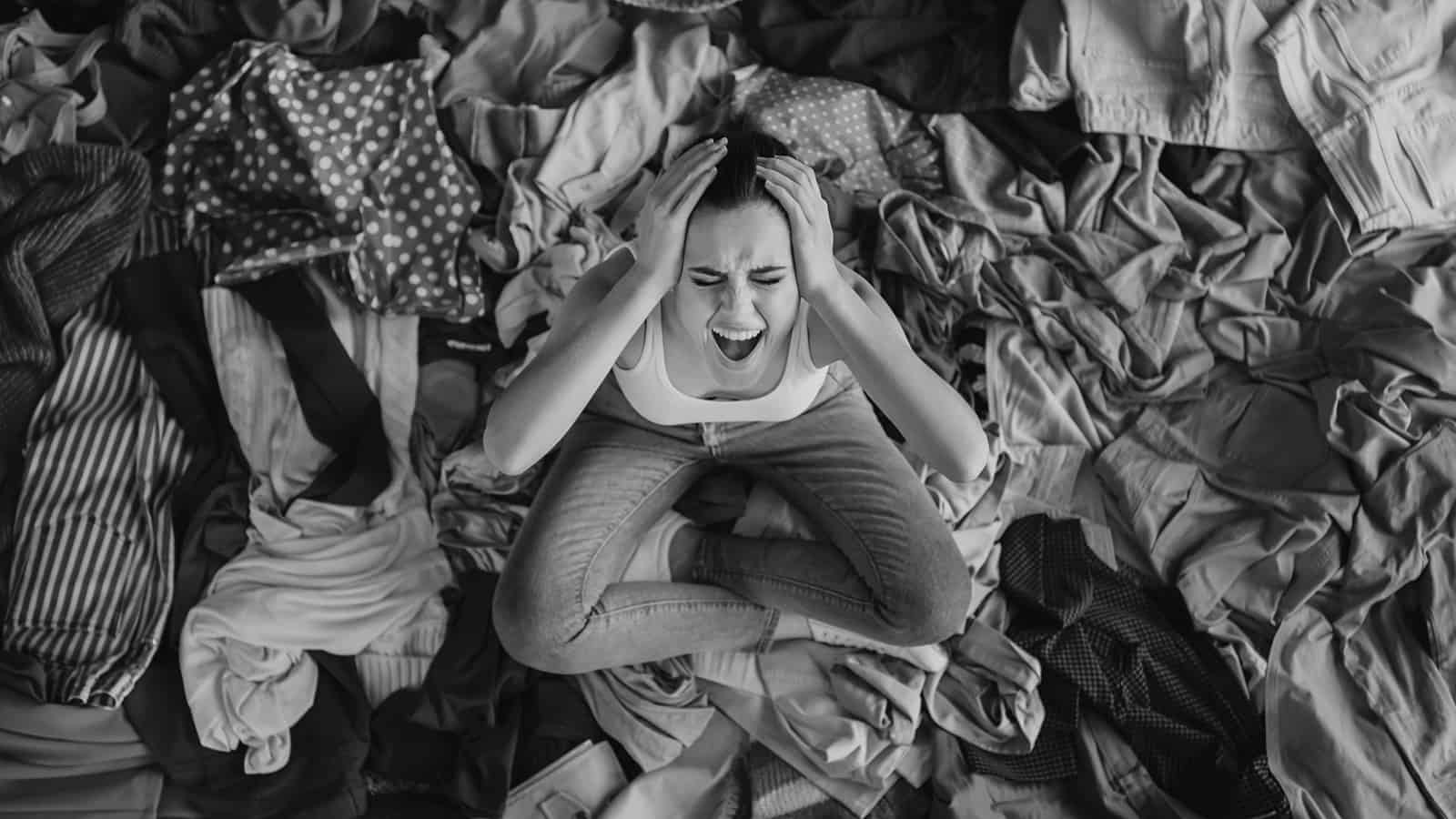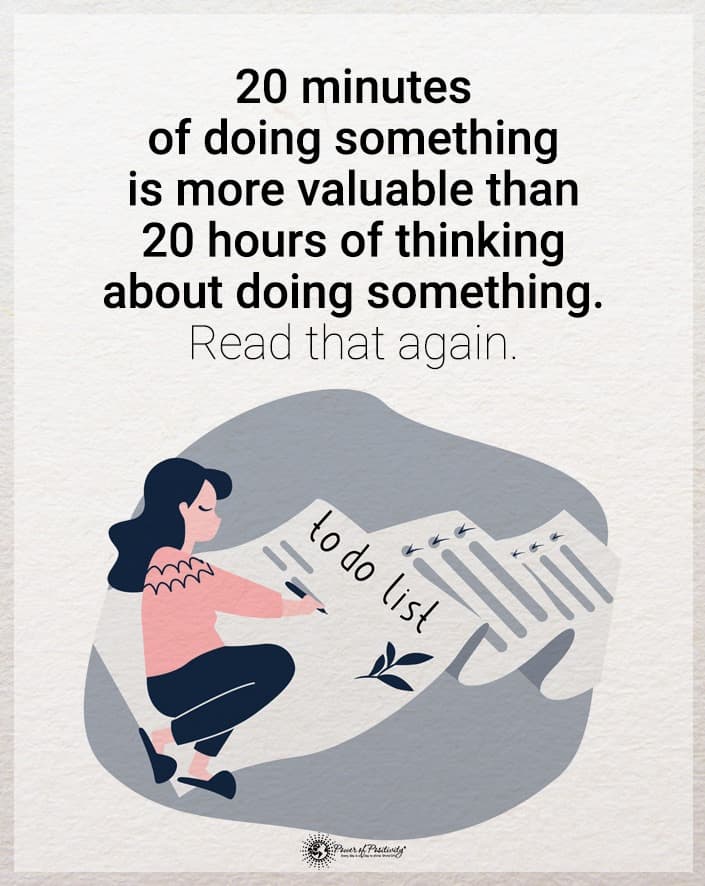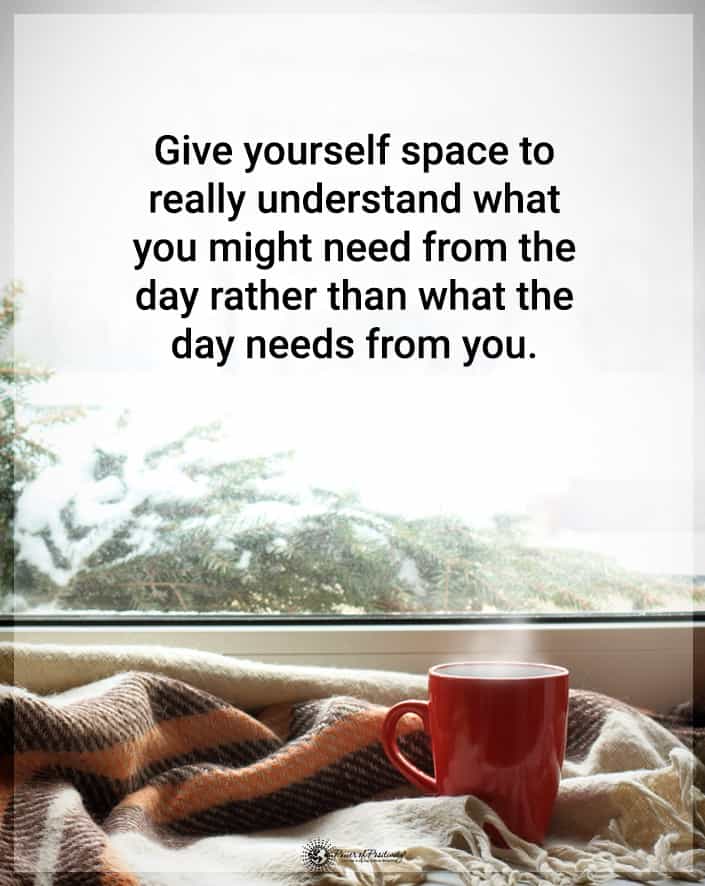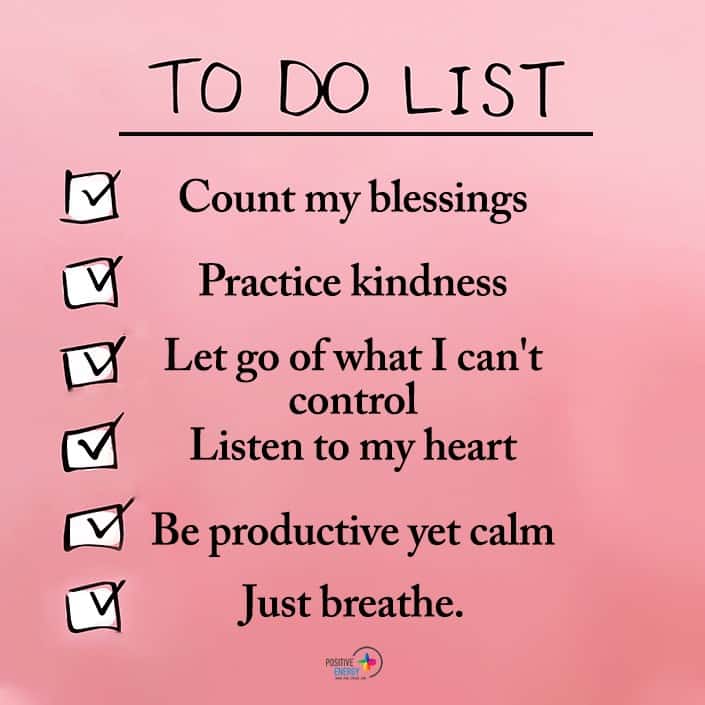Do you wish your home was clutter-free? Is the extra stuff around your house driving you mad? Living a minimalist lifestyle has become a trendy topic these days, especially since people want to live in smaller spaces. Before starting this journey, you need to adjust your mindset on what you need to live and what’s not necessary.
Sure, you love that you have 25 pairs of shoes in your closet, but how many of these shoes do you wear? You’ll find that you collect more things than you use, which is an excellent place to start the decluttering process.
The good news is that once you become accustomed to living with less, you’ll find that you love the feeling, and it’s easier to accomplish a clutter-free space. Some say it’s peaceful to have fewer things to worry about, but it’s the clean space that will do wonders for your mind. According to Positive Words Research, a clean home can have many benefits.
The article states that having a clean home can help you clear your mind, which benefits your depression and anxiety levels, productivity, and even sleep better at night.
Ten Tips to Maintain a Clutter-free Home
If you’re ready to embrace minimalism, you must be willing to let go of all the extra stuff. Here are some tips to get you started on de-cluttering your abode.
1. Designate a Space for Everything to Remain Clutter-Free
You’ve probably heard a hundred times from your parents or teachers that everything needs to have a place and be in that spot. It would help if you used this analogy when taking on a minimalist lifestyle. It would help if you never had more things in your possession than you had places to put them in.
If you’re renting storage units or trying to dig out your garage from extra things, chances are you don’t even know what’s in there. Make a rule to keep only the items you have a designated space to keep, and you will notice the clutter takes care of itself.
2. Use the ‘One In, One Out’ Policy
There’s scarcely a person alive who doesn’t like getting new things. However, you must go through a purging process before you can effectively manage your newly acquired treasures. Adopt the idea that if you buy one thing, you must take another out.
So, if you want to buy another pair of shoes for your collection, you must donate, gift, or sell one item you already own. If you stick to this mindset, you won’t have to worry about clutter or a space that’s overrun with stuff.
3. Don’t Let Your Mail Pile Up
Why is it that people don’t read and deal with their mail as it comes in? You should sort your mail each day and handle it right then. Sure, it’s easier to put it in a pile on the table or in a drawer to be managed later, but it can stack up rather quickly.
Junk mail comes in by the tons, and there’s no need to keep all this lying around if you have little use for it. Instead, toss it in the trash as soon as you get it. If you have bills, separate them, and put them in a designated area.
Magazines are another item that classifies as mail and seems to pile up. You don’t need more than a month or two’s worth to read. Once you’ve read a magazine, donate it to a doctor’s office or your local library. There are always places that will be more than happy to take those magazines off your hands, and it will free some space at your home too.
4. Go Clutter-Free by Setting Goals
If you want a clutter-free home, why not establish some rules for your stuff? Start your children from the cradle knowing that toys go in designated bins, and when there are too many, you donate to someone in need. They won’t fight you as it’s become commonplace to them. While minimalism is hard to grasp initially, it becomes easier when you practice.
5. Donate to Charity Frequently
Many wonderful charity organizations welcome your donations. Some sell these items to help those with disabilities or to fight hunger or homelessness, but others will take them and distribute them for free. Find an organization close to home that can take these items, and it’s one way to declutter your space quickly.
However, before donating to these organizations, make sure the items are usable. Goodwill Industries was exhausted with dealing with the number of trash items they received, and they announced ABC News. The defective or worn-out things that don’t do you any good can’t benefit these businesses either.
The Goodwill stores in the New England part of the country spent more than $1.2 million hauling away trash and unusable items that were donated. So, before hauling it off to a local establishment, make sure it’s still got life in it.
6. Stay Clutter-Free by Creating a Junk Drawer
Every home has a junk drawer, but you need to limit what goes in there and how full it gets. There are always things in your home that don’t seem to have any dedicated space, so a junk drawer is the perfect transition spot to catch all. However, you need to make sure that you clean out this space when it’s full and fight the urge to start a second drawer.
7. Use the Six Months Philosophy
Most home organizers use the six-month policy to educate people on making their homes clutter-free. If you have items you haven’t touched or needed in six months, they need to be donated or pitched. The only exception would be family mementos, pictures, and things you do not need except for special occasions.
You likely have gadgets in your kitchen you haven’t touched in years, and it’s safe to say you don’t need them anymore.
8. Don’t Let the Clutter in Your Home
One way to embrace the lifestyle of having less is never to let the clutter in your home in the first place. You have the power to resist those yard sales and antique stores you pass on the way to work. Some people can go to a garage sale and have the ability only to buy things they know they will use, while others fill the car with items just because it’s a good deal.
Know your limits and what you can withstand. Many people who have hoarding disorders start their collections by overspending on deals they couldn’t resist. Some even have the intention to resell these items, but the pile becomes so big they’re completely overwhelmed by it all.
Did you know that hoarding is an anxiety-based condition that affects many people who have been through trauma? The accumulation of stuff becomes a passive way to deal with their inner conflict.
9. Know It’s Okay to Have ‘Clutter Zones’
What fun would life be if you didn’t have a little bit of clutter? You can’t live in a museum, especially if you have children. Designate specific areas where you can be freer, like the family room or a playroom.
These rooms are where you can allow a small accumulation. It will help if you let your children have some breathing room and know that they must keep their stuff in this designated area for the sake of your inner peace. Plus, it helps to have a relatively kempt home if people drop by unannounced.
10. Buy Only What You Need to Maintain a Clutter-Free Household
If you don’t need the item and won’t use it right away, don’t buy it. This is a straightforward concept that people can’t seem to grasp. Did you know that hoarding disorders often start because people buy things that they believe will be beneficial or valuable in the future?
According to an article published by Psychology Today, many folks don’t realize how much a good deal costs them. There can be a severe downside to collecting, such as financial strain, emotional unbalance, and even legal problems. Hoards that grow outside of the confines of a home can face legal action by the city.
Thankfully, you can avoid these issues if you only buy what you need and save your splurge purchases for small things.
Final Thoughts on Maintaining a Clutter-free Home
Sure, it will take you some effort to get your home to a clutter-free state, but it becomes easy to manage once you establish some ground rules. Another trap that you shouldn’t fall into is buying expensive organization centers. These units make your “junk piles” look organized, and they can trick you into thinking you have less than you do.
Learn to let go of things that aren’t of any real value to you. If it helps you keep your home clean, live by the philosophy that when in doubt, throw it out. There are so many benefits to living a clutter-free life, and you will feel so free and happy when you can relax in your home that’s free of extra stuff you don’t need.

















 Community
Community

